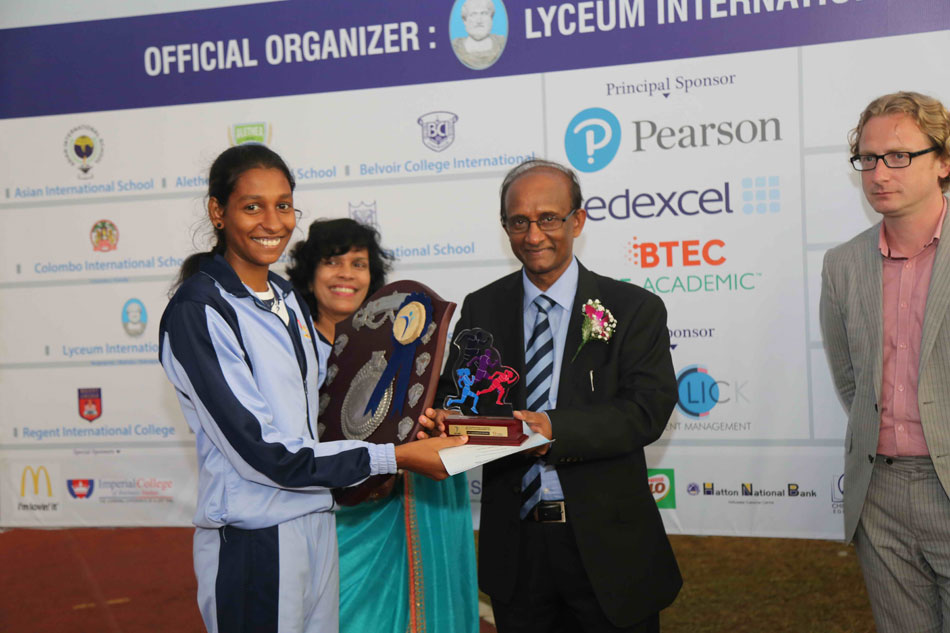UGC to amend Act to help commercialise uni. research
Provisions to commercialize research carried out by universities in Sri Lanka will be introduced as an amendment to the University Grants Commission Act soon. UGC Chairman Prof Sampath Amaratunga told Education Times that the amendment will enable universities to gain commercial advantage through the amendment; as under the current structure, there were obstacles in commercializing the research. He said President Rani l Wickremesinghe was keen on introducing a system where universities could have commercial value for the research carried out.
The amendment will enable the formation of a company in the respective university enabling the University to market its research. Under the arrangement, one-third of the income will be for the university, one-third for the company, and the remaining one-third for the patent right holder. Prof Amaratunga said one of the obstacles currently faced was that it was difficult to raise funds to apply to register for patent rights, and this move will help overcome the difficulty. He said that currently there are about 50 different research findings that could be registered.
Sri Lanka’s research has gained international recognition in many forums in the past. But the failure to gain patent rights has been a disadvantage to researchers. Research in universities has been developing over the years, and the move to introduce the amendments will be another step to develop this sector. Universities currently have their own policies and schemes for research and patent rights. The University of Ruhuna has introduced its own policies on intellectual property. The University introducing the policy noted that its intellectual property policy helps publish research results and to foster the use of university inventions and discoveries.
The University noted that the publication of research, inventions, and other scholarly work done by the researcher and the University does not have a system to channel suitable findings for commercialization. “It is necessary to have a mechanism to secure protection of university intellectual property to encourage commercialization, and encourage industries to invest their resources to develop and distribute products and processes for public use, ” the University noted in introducing the policy. -DWI










































.jpg)
.jpg)
.jpg)
.jpg)
.jpg)
